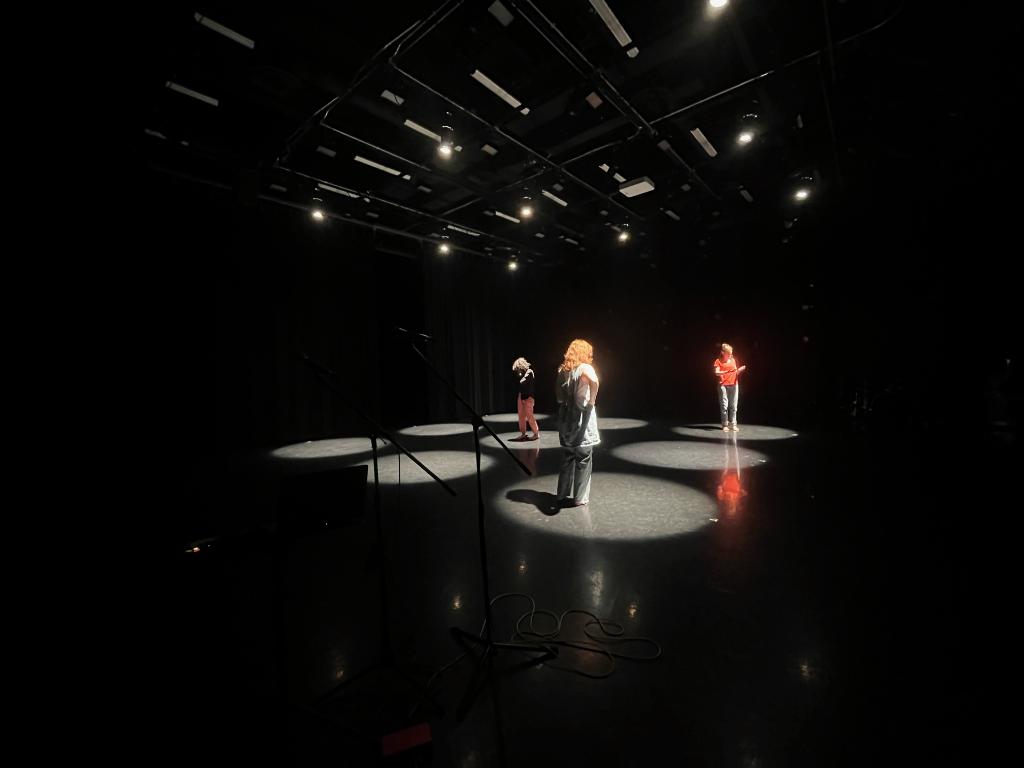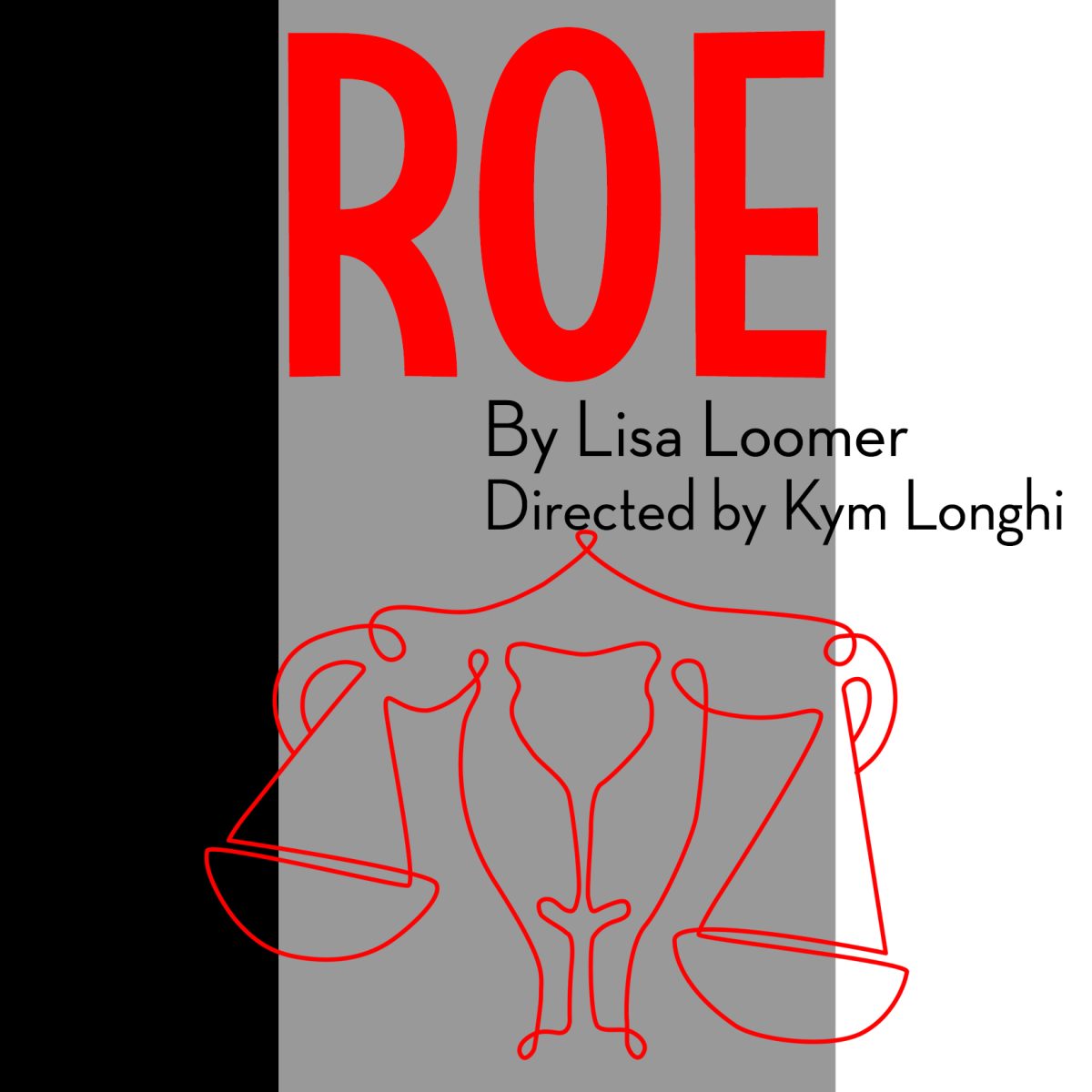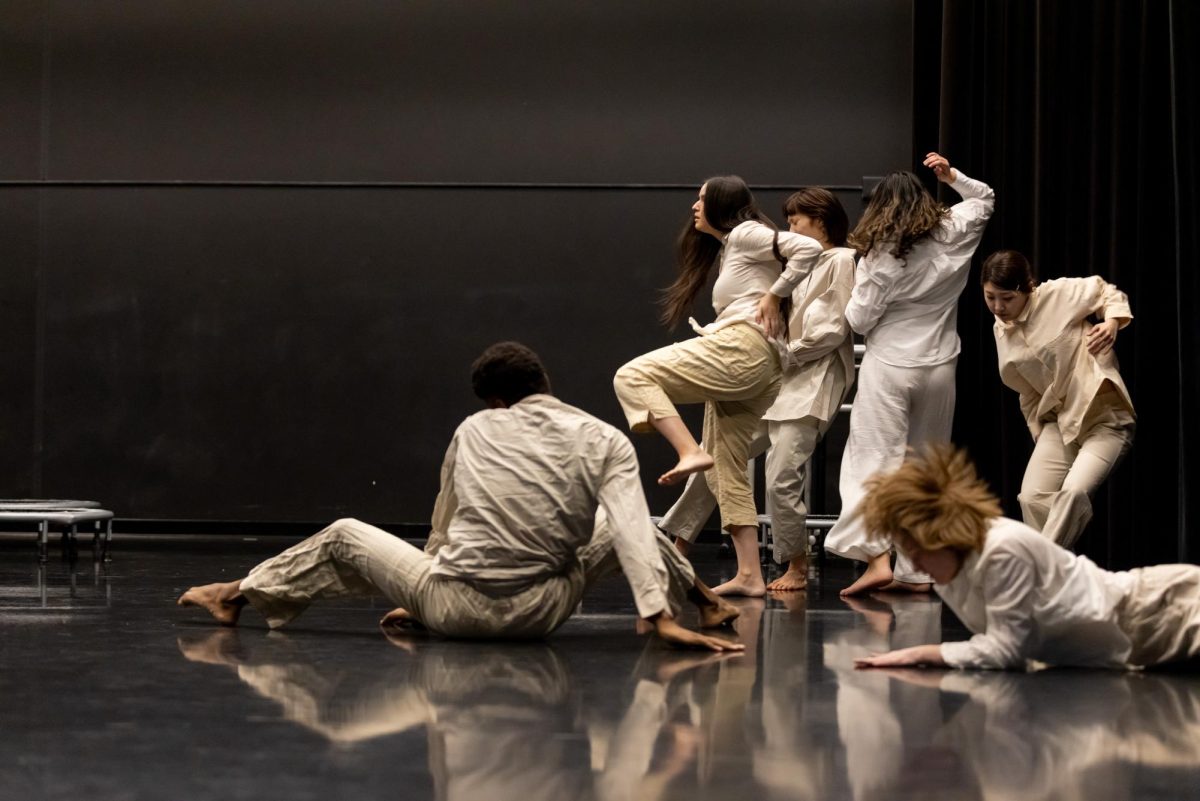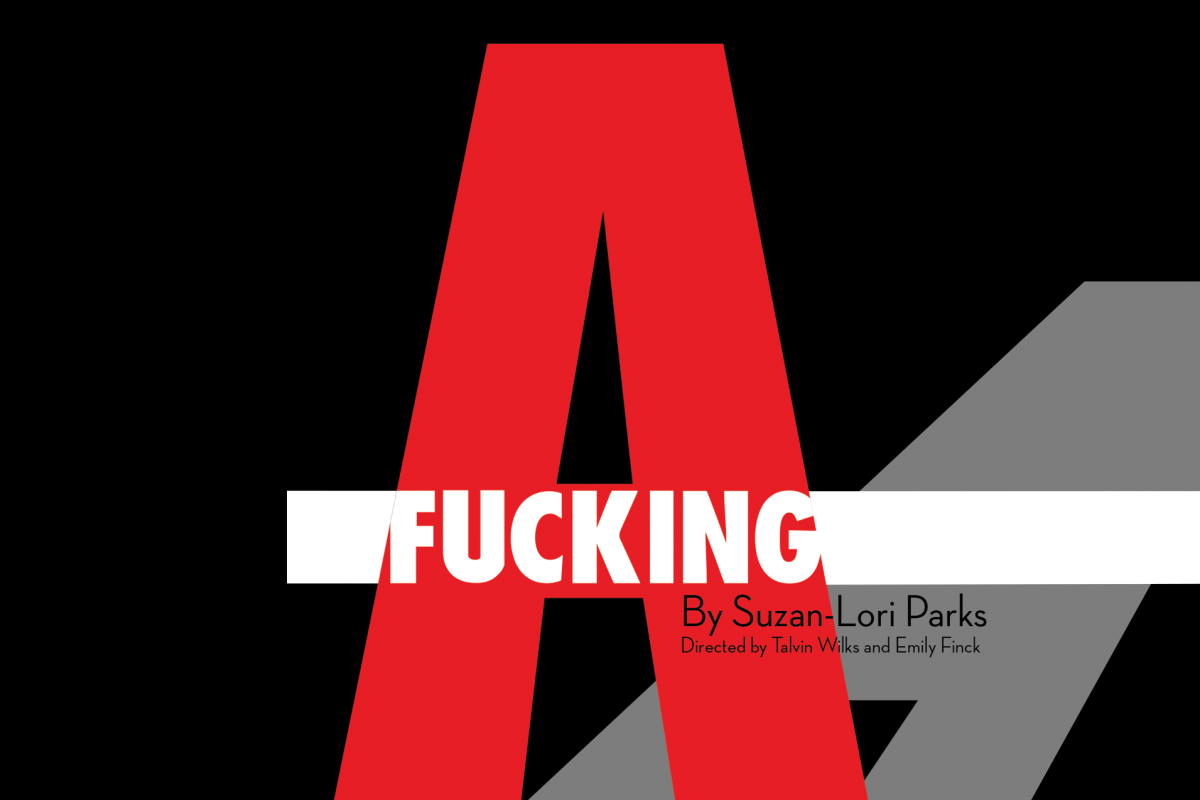Riveting drama must be confrontational.
The Pulitzer Prize-winning play “Topdog/Underdog” tells the story of two black brothers’ rivalry. In her play, Suzan-Lori Parks uses blatant racial stereotypes to undermine viewers’ expectations.
The audience has a crucial understanding of Lincoln (Thomas Jones II) within seconds of his first appearance onstage at the Mixed Blood. Lincoln is a man in the midst of an identity crisis. He stands in the doorway watching his little brother Booth (Jahi Kearse) with an expression of weariness. Lincoln’s clothes are ragged, his face is painted white and he is wearing a false beard. “I don’t like you wearing that bullshit,” says Booth, surprised by Lincoln. “That shit, that bull, that disguise, that getup, that motherdisfuckinguise.”
Lincoln’s job is to dress up like Abraham Lincoln and be assassinated by customers at an arcade. From the start, Booth associates Lincoln’s disengagement from life with his unpleasant job.
“Most of the time you walking around all bedraggled and shit,” Booth tells Lincoln. In a show of brotherly love he heists a suit for his brother. “You look good. Like you used to look back in thuh day when all the women in the world was eating out of your hand.” Viewers learn that Lincoln used to be a famed three-card monte hustler but gave up that life up for the more legitimate, if humiliating, world of the carny.
Booth, on the other hand, has big dreams. Driven by a need to assert his manhood and identity, Booth focuses his attention on becoming a three-card monte hustler and marrying his on-again-off-again girlfriend Grace. The first half of the play’s action concentrates on Booth’s attempts to persuade Lincoln back into hustling. Yet Booth’s ambitions of manliness are undermined by his lack of confidence and reality. Instead of holding a job, he lives as a petty thief.
So what is it that restrains these men from achieving their potential?
The first half of the play implies that the brothers’ struggles are a product of racial oppression. Booth taunts Lincoln about his job and his identity by referring to him as a “spook.”
“Dressed up like some crackerass white man sounds like a hustle to me,” Booth tells Lincoln.
In addition, many scenes from the first act seem to play off a number of racial and masculine stereotypes. Booth’s obsession with pornography creates moments of comic relief but also sets up the important scene where he recounts his sexual exploits to Lincoln. His stories, real or not, pique the audience’s sense of humor. In midchortle, we can see Booth’s sex stories are demeaning and downright offensive.
Yet the viewers eat up every bit of it. It seems Parks’ brand of confrontational humor baits the audiences’ expectations and takes their pity away from the characters. With this established, Parks leaves viewers vulnerable to her scathing critiques.
Kearse and Jones’ acting makes a lot of this work. Kearse plays Booth’s range of sincere intentions and childishness with enough charm and thuggish bravado to make his character believable. Even in the scenes of hostility Kearse and Jones know how to win the audiences’ sympathy. But their adroitness at portraying Lincoln and Booth’s weaknesses feels restrained. This is a story of struggle, isn’t it?
Everything changes in the second act. Lincoln is replaced at his job by a wax dummy. In an attempt to discard his passivity, Lincoln resumes his role as a card hustler and thus, he thinks, his masculinity. “You got it back, you got yer shit back,” Lincoln tells himself.
And then all those funny moments are gone. Lincoln and Booth’s charades were nothing more than bandages to cover their emotional festering. The dramatic tension shifts its focus to the game of three-card monte and the brothers’ rivalry. Slowly the play’s humorous tone is stripped away to reveal the darker shades of an immense tragedy. This is a story as old as Oedipus and the bad blood between Cain and Abel.
“There’s so much about those cards,” Lincoln says. “You think you can learn them just by watching and just by playing but there is more to them cards than that. ‘Cause its thuh first move that separates thuh player from the played. And thuh first move is to know that there ain’t no winnin’.”
Before it’s over, viewers will realize just how bad they’ve been suckered. Kearse and Jones blow up in the second act, pulling out all their emotional artillery. By the time we realize this, however, we’ve been dragged down into the vicious world of these two compelling characters whether we like it or not.
















